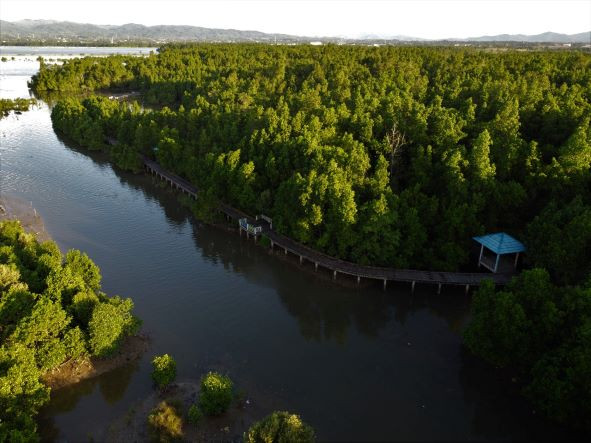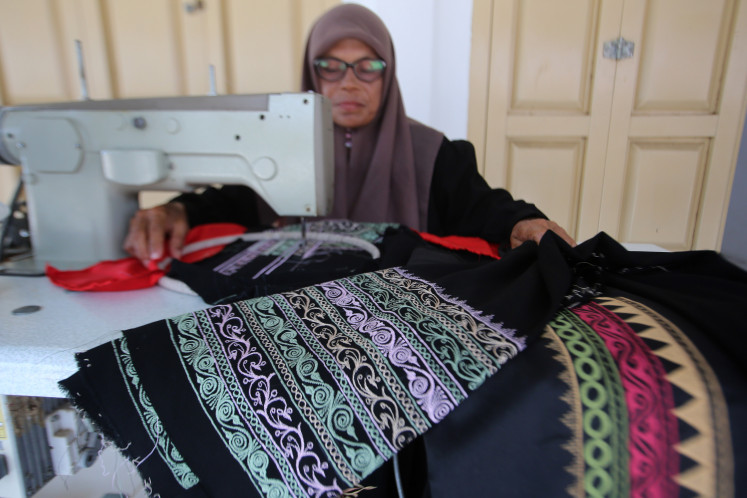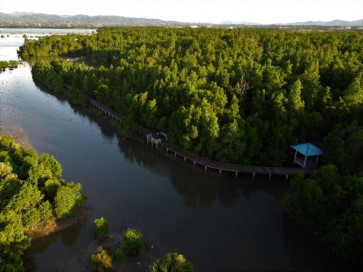Popular Reads
Top Results
Can't find what you're looking for?
View all search resultsPopular Reads
Top Results
Can't find what you're looking for?
View all search resultsIndonesia’s next world-class export: Coastal carbon stocks
Indonesia needs to take a comprehensive approach that includes science, research and investments to protect and harness the potentials of its mangrove forests for the country's green transition.
Change text size
Gift Premium Articles
to Anyone
I
ndonesia’s natural riches have been the envy of the world since trade began. From the legendary spice trade, the country’s nutmeg, cloves, cinnamon and pepper have been fought over many times and have made nations rich.
Since independence, exportation of other commodities has accelerated, too. Hardwood products, oil, gas, coal, fish, seaweed and shrimp from Indonesia are all major products on the world market at a quality and scale that pay for the country’s ongoing development.
But Indonesia’s natural wealth has suffered during each successive “gold rush”. With the expansion of shrimp farms, oil palm plantations and urbanization, native mangrove forests have been cleared across the country. It is estimated that over the last 10 years, Indonesia has experienced some of the fastest mangrove damage and destruction in the world.
While individuals have benefitted, the nation has lost out. Large areas of Central Java, Sumatra and Kalimantan are seeing accelerated coastal erosion. Without mangrove protection, muddy shores can be easily washed away.
Mangroves are a complex ecosystem, spreading their canopies over nursery grounds for fish, crab and shellfish and holding together one of the most labile substrates in the marine world. Mangrove roots trap mud and also produce oxygen, preventing anoxia and hosting healthy bacteria.
Different species thrive in different depths, salinities and time in and out of water. But together, the ecosystem extracts carbon dioxide from the air and stores it in trunks, limbs, roots and the mud.
Mangroves build a healthy, carbon-rich substrate held in place by their complex root system. The “ecosystem services” they provide, such as coastal protection, fisheries, fish breeding grounds, tourism, shellfish, timber and non-timber products, add up to a national average of US$15,000 per hectare per year.



















